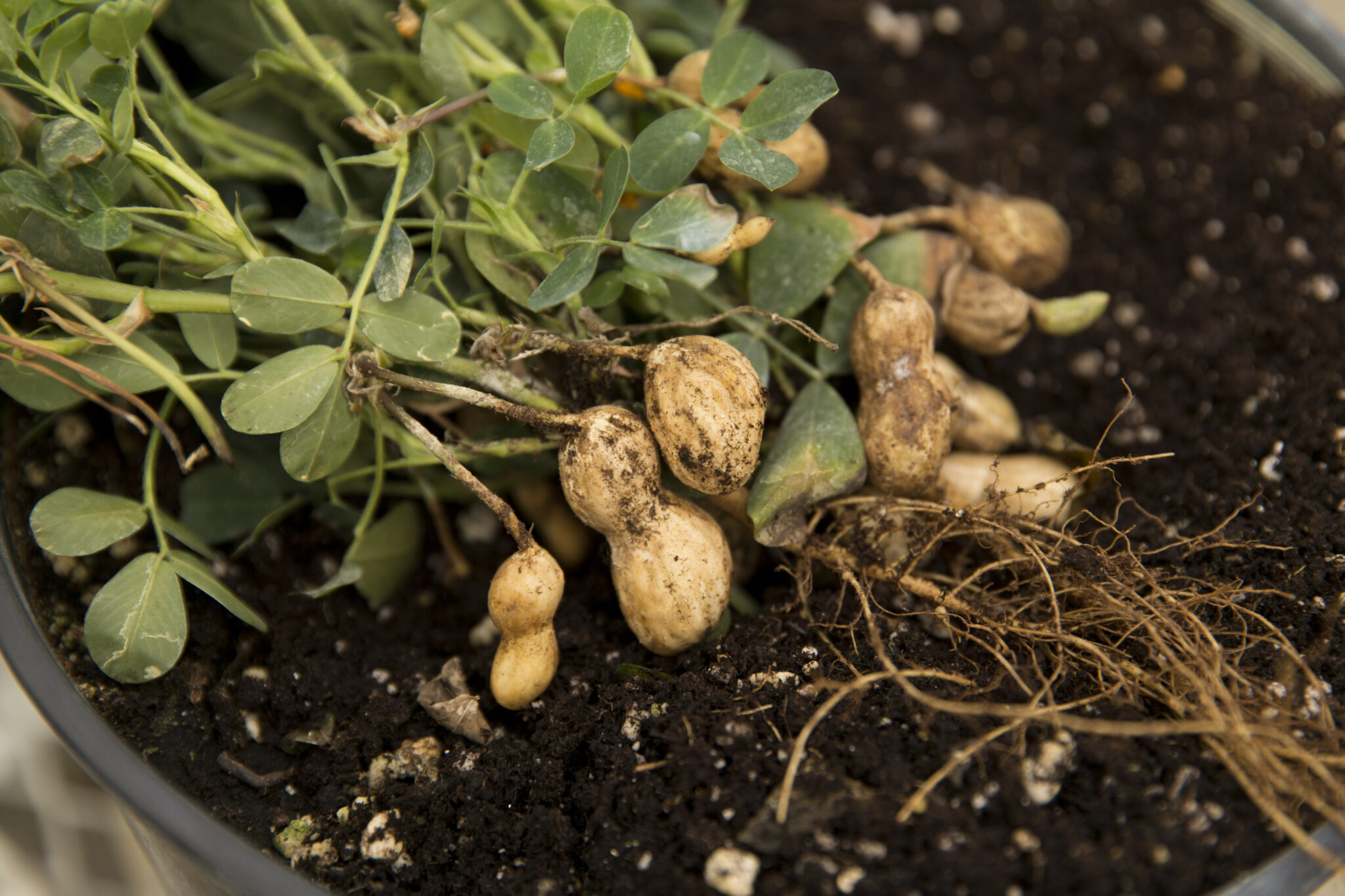By Faith Peppers
University of
Georgia
"Today we take time out to recognize and celebrate the outstanding contributions of agriculture to Georgia," Perdue said.
"Thanks to the hard work and expertise of the ag industry," he said, "this is the most abundant and nutritious food supply in the world, consuming less than almost any other nation's disposable income. You are to be complimented for that."
Major player
Agriculture is Georgia's largest industry, employing one out of every six Georgians. And more than 2,000 gathered in the Georgia Freight Depot to see and taste exhibits of Georgia agriculture."There's a new study coming out of the University of Georgia that puts the value of Georgia agriculture at $50 billion per year," Perdue said. "Our ag industry alone is bigger than Gross Domestic Product of two-thirds of the countries in the world. That's pretty impressive."
Agriculture improves the state's bottom line. But Perdue noted how it adds to the quality of life, too.
"Agriculture doesn't just make a large contribution to the economy of our state," he said.
"I know firsthand that Georgia farmers are our top conservationists as well," he said. "We appreciate that. We're trying to do more land conservation, and we know that you all are the original conservationists."
Special honors
The daylong event featured tours of urban agriculture around Atlanta and entertainment from Georgia 4-H'ers. The first Flavors of Georgia contest also recognized small companies and entrepreneurs who developed food products using Georgia commodities.Perdue then honored five Georgia farms that use outstanding environmental practices.
He said Georgia fifth-graders are taking part in agriculture awareness activities this year, too. "It's important that we get our young people involved," he said.
"They're the future. I can't stress enough how important this industry is to Georgia and our future," he said. "This industry contributes to our overall sustainability, and we need the brightest young people involved in it."
Alternative energy
Perdue said the state is committed to energy and agriculture's role in it."We're quickly moving to a bio-based economy in pharmaceuticals and energy and in other fascinating products of biotechnology," he said. "That means using our renewable resources right here in our state to ... convert crops, waste, wood chips and other biomatter into fuel."
He cited the state's incentive program to encourage growth in the alternative energy industry.
"Ethanol and biodiesel were the first to answer, and we've had some great announcements since then," he said.
"We're excited to take the research out of the lab into the field, investing more than $200 million to make sure we can use some of our agricultural resources in the state to provide energy as well," he said. "They're creating jobs. They're bringing new investments and more value for our ag products, and that's all positive."






